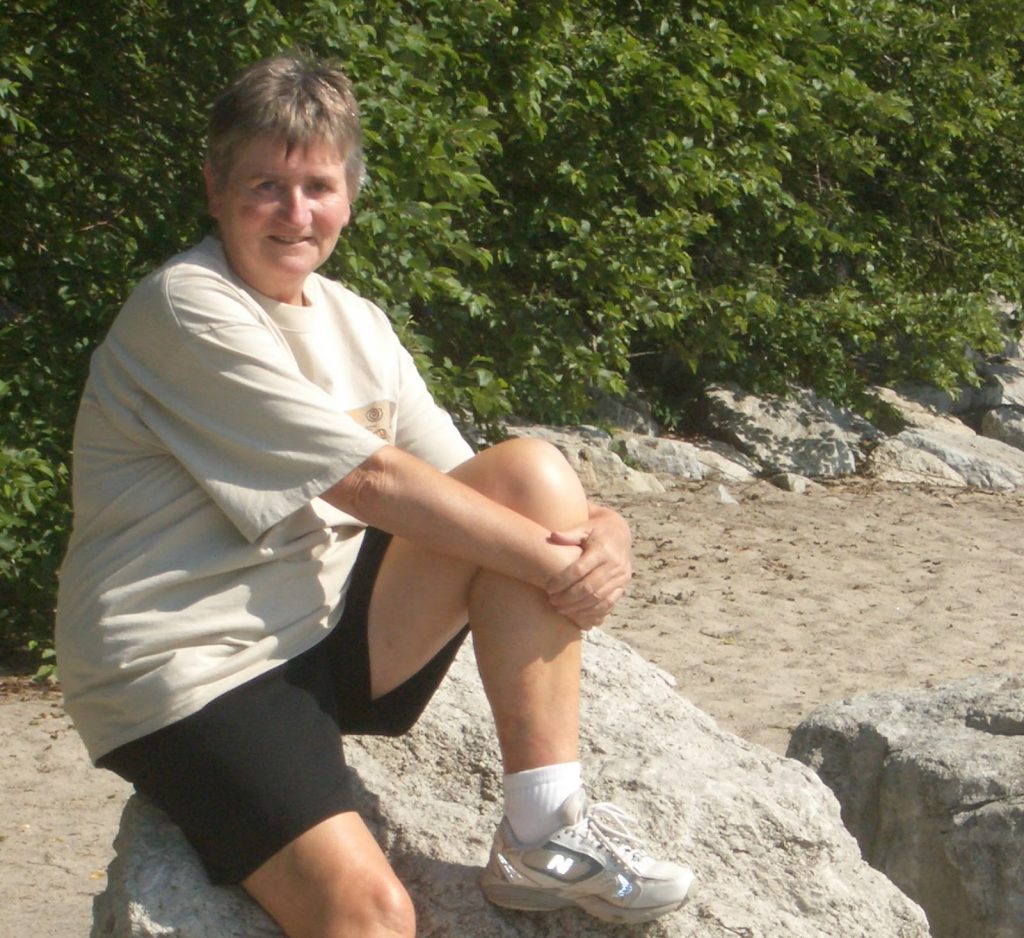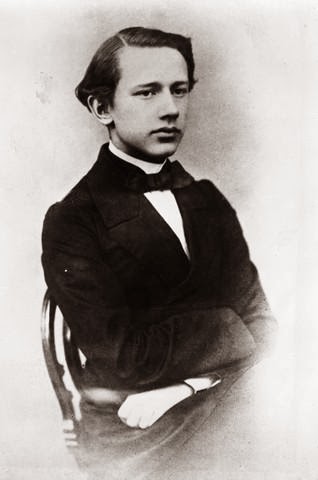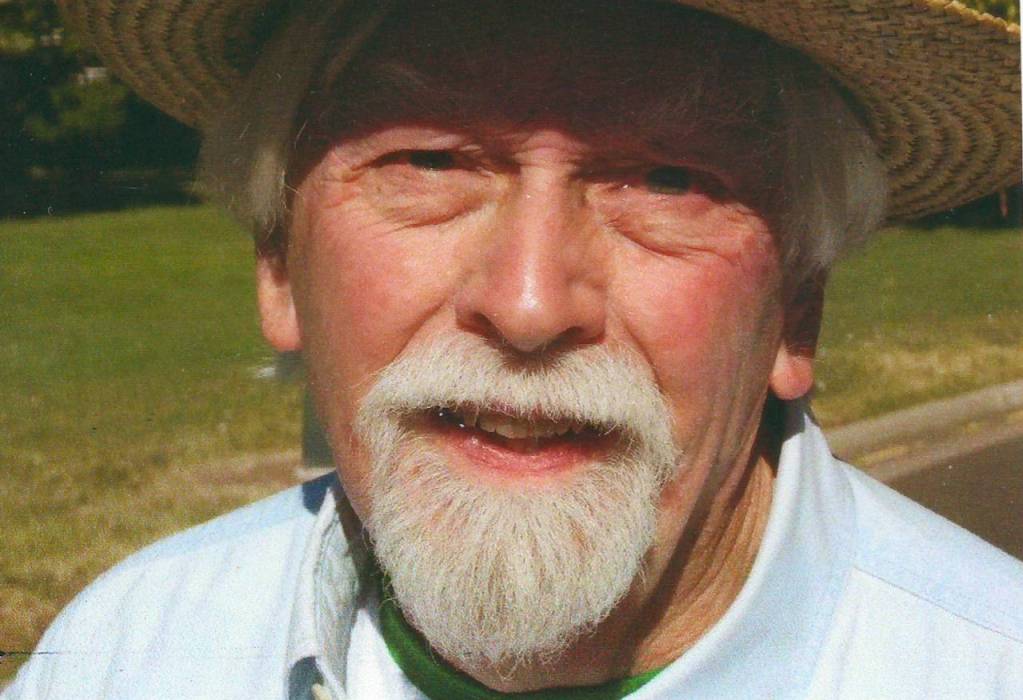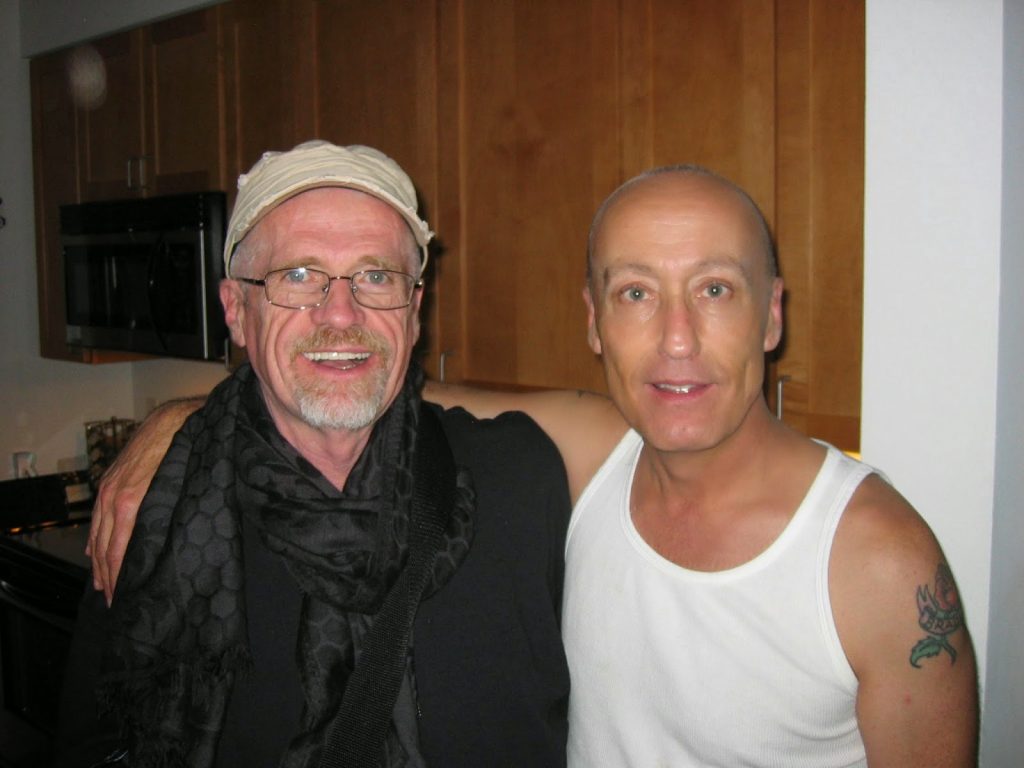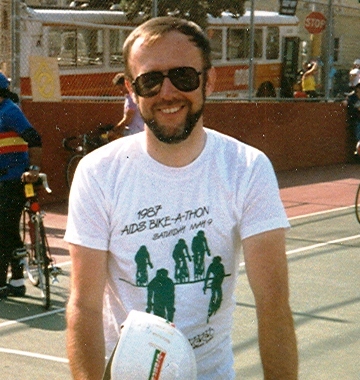I like my music gay! For more than one reason I am planning to spend several months hearing mainly gay music. The first reason for this insistence seems most immediate: my current health crisis that demands from me a sense of upbeat expectation of a recovery from my present difficulties and from the therapies the doctors devise. So I’ll play gay music to speed along the healing process. The second reason for this gay insistence relates to having just retired from fifteen years of giving therapeutic massages, mostly to tempos largo, lento, and adagio. Back then (it’s been over a month and a half) I wanted my massages to promote relaxation and so avoided country and western songs, rap, abstract jazz, metallica, and most rock ‘n roll. I played almost no Nashville, no Broadway. Now seems the time to quicken the pace and lighten the mood. So it’s gay music for me in the coming months.
I’m a habitual shelf reader from my many years of roaming library stacks. I’m a methodical one preferring to read from left to right, following the ascending numbers of the Dewey Decimal System. So I’m going to read the shelves of my small CD collection to select my first round of music playing for the weeks to come. Luckily I no longer have a catheter in place so I can comfortably sit on the floor to view my low-down shelves.
So it begins, shelf one. Mathias organ music. I’ll skip that. Oh Dupré. More organ music but too dour and over serious for this man in recovery. Skip, skip, skip, skip. Hmm. Tchaikovsky Violin Concerto? No, I have always found this particular recording just a bit too screechy. I don’t want to put myself on edge. Skip, skip, skip. “Songs of Atlantic Canada”? Surely this album is out of place among these classical works, but I recall how accessible the arrangements of regional folksongs are. Guess I’ll select this Cape Breton Chorale album and think of my Canadian friend Bill, who gave it to me and has for years been thoughtful and supportive. John Tavener’s “Ikons” presents glorious, creative music but … no, not now. Just not gay enough. “Lend Me Your Ear” by Double ‘O Six. That’s a possible listen with classically trained voices. Very choral though all soloists who do crazy things to Chattanooga Choo Choo, With a Little Help from My Friends, and other pop pieces. Here. “Pieces of Africa” by the Chronos Quartet. I might put that on right now and reread the get-well note from my African son Francis. Oh, an album of Charpentier’s Christmas music. Yes. Even though the composer accidently poisoned himself and his family by serving the wrong kind of mushrooms, his music evokes a delicate gaiety. Well, it’s French Baroque with a light touch. Hum. “Albinoni’s Adagios.” More Baroque, although Italian. I really like these but heard the album way too many times over the last twelve and a half years playing it for one of my long-time clients who listened only to classical music. As I mentioned, too many adagios in my recent past. Oh Dianne Bish’s “Great European Organs.” That sounds like a gay album. I clearly recall Bish’s pant suit—all gold sparkles—from when she concertized the Cassavant at East Heights United Methodist Church, Wichita. If she’d had a candelabrum she’d have seemed a twin to Liberace. How gay that would be?
Brahms. Lovely Brahms, but his “German Requiem”? They can play that for my memorial service that I hope is a long ways off. Hovhaness’ “And God Created Great Whales.” That one always picks me up, especially when the humpback whales make their first appearance. “The Choral and Vocal Arrangements of Moses Hogan.” Some of that album is somber but I’ll surely enjoy his stunning arrangement of Elijah Rock. Yes. And here, for a change of pace, Handel’s “Chandos Anthems.” I know at least a few of the anthems that can serve me for a special meditative gay moment, especially the soprano and tenor duet In the beauty of holiness with its long descending melismas spun out and interwoven by singers and orchestra. It thrills me. Brahms again; his ‘Complete Intermezzos” played by the Russian Luba Edlina. Yes. These always lift me with their lush harmonies and inventive melodies. I’ll float along with Brahms. While at it I guess I’ll hear Bach’s “Inventions and Sinfonias” played by Glenn Gould, for me always an exquisitely gay experience.
Okay, shelf two. Pop music. Hmm. Here we go. Imogene Heap’s “Speak for Yourself” will do good things for me with her always musical and creative command of synthesizers, her invention and variety. Yes. Of course Cyndy Lauper’s “The Body Acoustic” will be on my playlist. I probably will indulge in it daily, like She Bop and Girls Just Want to Have Fun. I like so many more of these pop CDs but played most of them too many times in massage. I’ll give them and me a rest! Now this one looks good, Keith Jarrett Trio’s “Up for It.” Yes. Jazz. I’m so pleased I’m doing this. And another jazz album but this one Jacques Loussier’s “Play Bach,” his jazz trio’s renditions of JS Bach pieces, an album from 1960 that I first heard in high school. I especially am ready to hear them improvise the Gigue from Partita No. 1 in B flat major, BWV 825. I’m feeling better already. Then another kind of gay music: “Whirl” from the Fred Hersch Trio. This album will surely move to gaity, both by the music and by the knowledge that all three men are gay! Oh and the three volumes of “Verve Remixed” with their most inventive remixing of jazz standards, many from my favorite singers, with hard-hitting dance beats. Certainly I’ll spin those albums for their tremendous energy. Now this should be fun, “The Original Cast Recording of Forever Plaid,” another CD from my Canadian connection of a musical we saw together, pure nostalgic fun. Sure. And how could I not select Dinah Washington’s “Finest Hour.” Any day she is okay for me. . Oh I’ll have to skip these Miles Davis pieces. Too blue for the occasion. Guess I’ll skip the whole blues section for now with probably one exception; here it is, Cyndy Lauper’s “Memphis Blues.” She thrills me with her tremendous range of feelings and styles. Jai Uttal’s “Monkey” gets in, also his “Mondo Rama” with its high school kids. I am lifted by his traditional Indian raga, jazz, and rock fusion.
I’m tired from all these decisions. So … that gives me a good playlist that ought to last for a while. I hope they’ll lift my mood, help make me clever and gay, of course. So … I’ll just skip all the R. Carlos Nakai and other Native American flute players. I heard them too many times with my client who for over ten years wanted to hear only these pieces during her massages. “No strings,” she’d say. “They make me tense up.” Besides, if I were going to play Native American pieces, I’d want war dances. That’s not very gay sounding of me although Stonewall showed that gays in pumps and frocks can go to war. I think right now I’m just angry at disease and failures in my own body. I’ll pass on the flutes and war drums.
I’ve got plenty of music to soothe me with gaiety. I’ll even listen to some of these albums with my gay partner. Suppose that will double their effect? I hope so.
About the Author
Phillip Hoyle lives in Denver and spends his time writing, painting, and socializing. In general he keeps busy with groups of writers and artists. Following thirty-two years in church work and fifteen in a therapeutic massage practice, he now focuses on creating beauty. He volunteers at The Center leading the SAGE program “Telling Your Story.”
He also blogs at artandmorebyphilhoyle.blogspot.com

